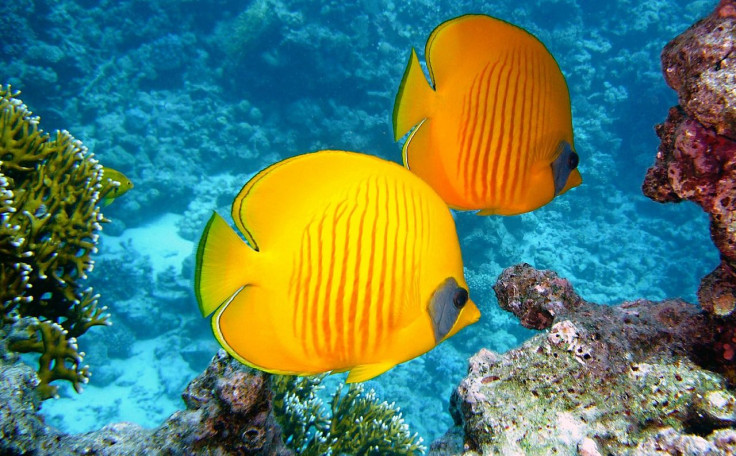Pretty Fishes Are Attractive, But 'Ugly' Ones Need More Help: Study
KEY POINTS
- Researchers asked participants to rate reef fishes' aesthetic attractiveness
- Participants found creatures with colorful and rounded bodies more attractive
- Those with elongated bodies and "drab" coloration were deemed less attractive
- Charismatic animals tend to get much conservation attention
Do we give conservation attention to the species that really need it? The "ugly" fishes need most conservation help, but they may not be getting the attention they need, a new study has found.
Aesthetic value, or beauty, is among the "most direct emotional links humans can experience with nature," and its implications for conservation are likely to be "substantial," according to the authors of the paper published in the journal PLOS Biology on Tuesday.
"Measuring species' aesthetic value thus remains an important step in better understanding and predicting the willingness and motivation of societies to protect species, and the reasons behind success or failure of conservation efforts," they wrote.
For their work, the researchers had 13,000 participants of an online survey rate the "aesthetic attractiveness" of 481 photos of reef fishes, the Public Library of Science (PLOS) noted in a news release. They used the results to train a neural network, which then made predictions for thousands of photographs of 2,417 reef fish species.
Indeed, the researchers found that the fishes with colorful and rather rounded bodies were deemed to be the most beautiful. However, these pretty fishes were also less "evolutionaruly distinct" or are more genetically similar to other fish, The Guardian noted.
On the other hand, the fishes with the more elongated bodies and "drab" colorations were deemed to be less attractive. These so-called "ugly" fishes, however, are the ones that are actually more ecologically distinct, more at risk of exploitation by fisheries and more endangered.
This could mean that the species that actually need help end up being the ones that are "least likely" to get it, PLOS noted.
"(T)hese results highlight how our aesthetic judgment, which is linked to the ability of the human brain to process visual information, could generate strong bias in our emotional engagement with reef fishes," the researchers wrote.
This, however, is not an entirely surprising finding. Experts have been noting how the more charismatic animals tend to get much of the attention for conservation. On the other hand, "ugly" animals, or the ones that are less charismatic, tend to get left behind and fail to get funding.
"There is a need for us to make sure that our 'natural' aesthetic biases do not turn into a bias of conservation effort," one of the study's lead authors, Nicolas Mouquet of the University of Montpellier, was quoted as saying by The Guardian.
"Our study highlights likely important mismatches between potential public support for conservation and the species most in need of this support," the authors wrote.

© Copyright IBTimes 2024. All rights reserved.






















